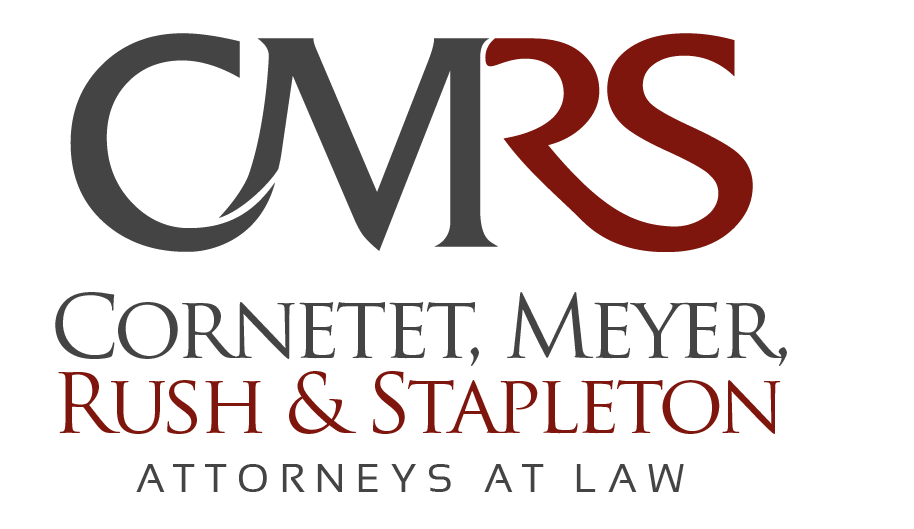Why would you need this type of Trust?
A Grantor Retained Annuity Trust (also known as a GRAT) is used to transfer assets from one generation to the next without using a meaningful amount of the lifetime gift tax exemption/estate tax exemption.
A GRAT is a statutory device where you make a transfer and, in return, receive a stream of annuity payments. The calculation of the annuity payments is based on the interest rate at the time of the transfer under IRC 7520 rate.
The hope is that the property transferred appreciates at a rate greater than the payments back of the annuity. By making a transfer in exchange for an annuity stream, most likely the gift value will be zero (or close to zero) if you outlive the annuity stream. It might be best to have some gift tax to file a return and start the statute of limitations.
At the conclusion of the term of the GRAT, the remaining assets will go to children with no further tax imposed.
Is it irrevocable or revocable?
The GRAT is irrevocable, meaning once it is created it cannot be changed.
Is a gift tax return required?
Yes, if there is a taxable gift made when the GRAT is created.
Is a separate tax identification required?
No, the grantor can continue to pay the income produced on the GRAT for the benefit of children for the rest of his or her life.
Is this subject to estate tax upon my death?
The assets that are returned to you are subject to estate tax upon death. The assets that remained in the GRAT passed to your children and are not subject to estate tax or gift tax.
Is there creditor protection?
There is no creditor protection for the grantor during the term of the GRAT, but there is creditor protection for the remainder beneficiaries after the conclusion of the GRAT term.
What assets can be placed in this type of Trust?
Generally, you would place assets into a GRAT which will exceed the appreciation under the IRC 7520 rate.
Advantages of using a GRAT:
- Annuity payments provide income stream to the grantor
- Generally, risk-free from an estate tax perspective
- Grantor pays income tax on trust income, leaving more assets in the GRAT for remainder beneficiaries
- Valuation adjustments increase effectiveness of sale for estate tax purposes
Disadvantages:
- Grantor may not outlive the GRAT term and the appreciated assets are included in the estate.
- No basis “step-up.”
- Risk that the rate of return will not exceed the 7520 rate.
Contact us today to schedule a consultation and learn more about how we can help you with your estate planning needs.
Other Estate Planning, Trust, and Probate Topics:
- Secure Act and Estate Planning Tax Law Changes for 2020
- Gifting Taxes and Trust Estate Planning
- Opening Probate in Ohio
- Does a Transfer on Death designation solve everything?
- Ohio Probate Claims and Statutes of Limitations Summary
- Irrevocable Trust Reformations and Terminations
- Cryptocurrency, Bitcoin, and Estate Planning
- What happens to your business after you die?
- Owning a Horse and Avoiding Probate
- Estate Tax Planning: SLAT, GRAT, & IDGT
- 30 Different Types of Trusts: Choosing the Right One for You
